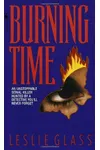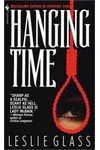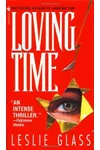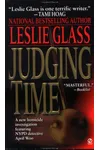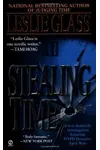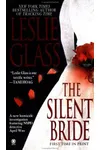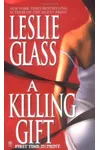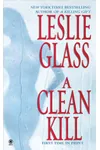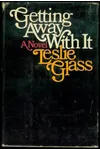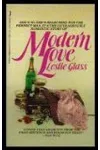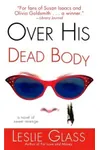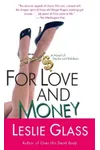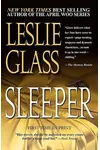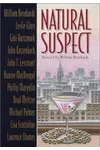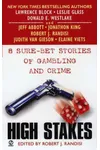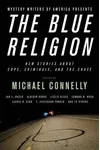Picture a New York storyteller who spun gritty crime tales and championed recovery with equal passion—meet Leslie Glass! Born Anne Korkeakivi, this bestselling author captivated readers with her April Woo series, blending suspense with cultural depth. But Glass’s story goes beyond the page, weaving journalism, playwriting, and humanitarian work into a life dedicated to storytelling and social good.
The Making of Leslie Glass
Born on April 19, 1945, in New York City, Leslie Glass grew up in a vibrant, creative environment as the child of a TV producer and a socially active mother. Initially drawn to music, dreaming of a career as a classical musician, she pivoted to writing after a Sarah Lawrence College professor praised her natural talent. Glass cut her teeth in journalism at New York Magazine, penning the 'Intelligencer' column, and later wrote for Cosmopolitan and Redbook, sharpening her knack for vivid storytelling.
Her early career wasn’t just about words—she scripted for the soap opera Guiding Light and worked in advertising, soaking up diverse experiences that would later fuel her novels. This eclectic background laid the foundation for her unique voice, blending sharp observation with emotional depth.
Leslie Glass’s Unforgettable Stories
Glass’s April Woo series, launched with Burning Time in 1993, introduced readers to the first Asian-American female detective in mainstream American fiction. April Woo, a Chinese-American NYPD detective navigating Manhattan’s Upper West Side, grapples with brutal crimes, cultural identity, and a male-dominated workplace. In Burning Time, Woo teams with psychiatrist Jason Frank to hunt a serial killer leaving flame tattoos on victims, setting the tone for the series’ gritty realism.
Subsequent novels like Hanging Time and Loving Time deepen Woo’s character, exploring themes of family pressure (cue her traditional mother, Skinny Dragon) and workplace politics. Glass’s style shines in her ability to craft flawed, relatable characters and twisty plots drawn from real cases. Her standalone novel Over His Dead Body, adapted for the stage as Strokes, showcases her versatility, diving into psychological drama with sharp wit.
Glass’s writing doesn’t shy away from social issues—race, gender, and cultural identity pulse through her work. Her journalistic eye ensures authentic police procedurals, while her playful prose keeps readers hooked. With nine of her fifteen novels hitting New York Times and USA Today bestseller lists, Glass proved she could thrill and resonate.
Why Leslie Glass Matters
Leslie Glass didn’t just write crime novels; she redefined the genre by centering a Chinese-American woman in a field lacking diversity. April Woo’s struggles with identity and tradition mirror the experiences of many, making her a trailblazer for inclusive storytelling. Beyond fiction, Glass’s humanitarian work shines. With her daughter Lindsey, she founded Reach Out Recovery, a nonprofit offering resources for addiction recovery, inspired by their family’s journey. Their documentaries, The Secret World of Recovery and The Silent Majority, earned awards and sparked vital conversations.
Glass’s legacy is her ability to blend art with advocacy. Her stories entertain, but her recovery work and focus on social issues uplift, proving storytelling can change lives. Her influence endures in crime fiction and the countless families supported by her nonprofit.
- Born: April 19, 1945, New York City
- Key Works: April Woo series (Burning Time, Hanging Time, Loving Time), Over His Dead Body
- Awards: 2016 ASAM Media Award for The Secret World of Recovery
- Notable: Founded Reach Out Recovery with daughter Lindsey
Snag Burning Time and dive into Leslie Glass’s thrilling world of crime, culture, and heart!
